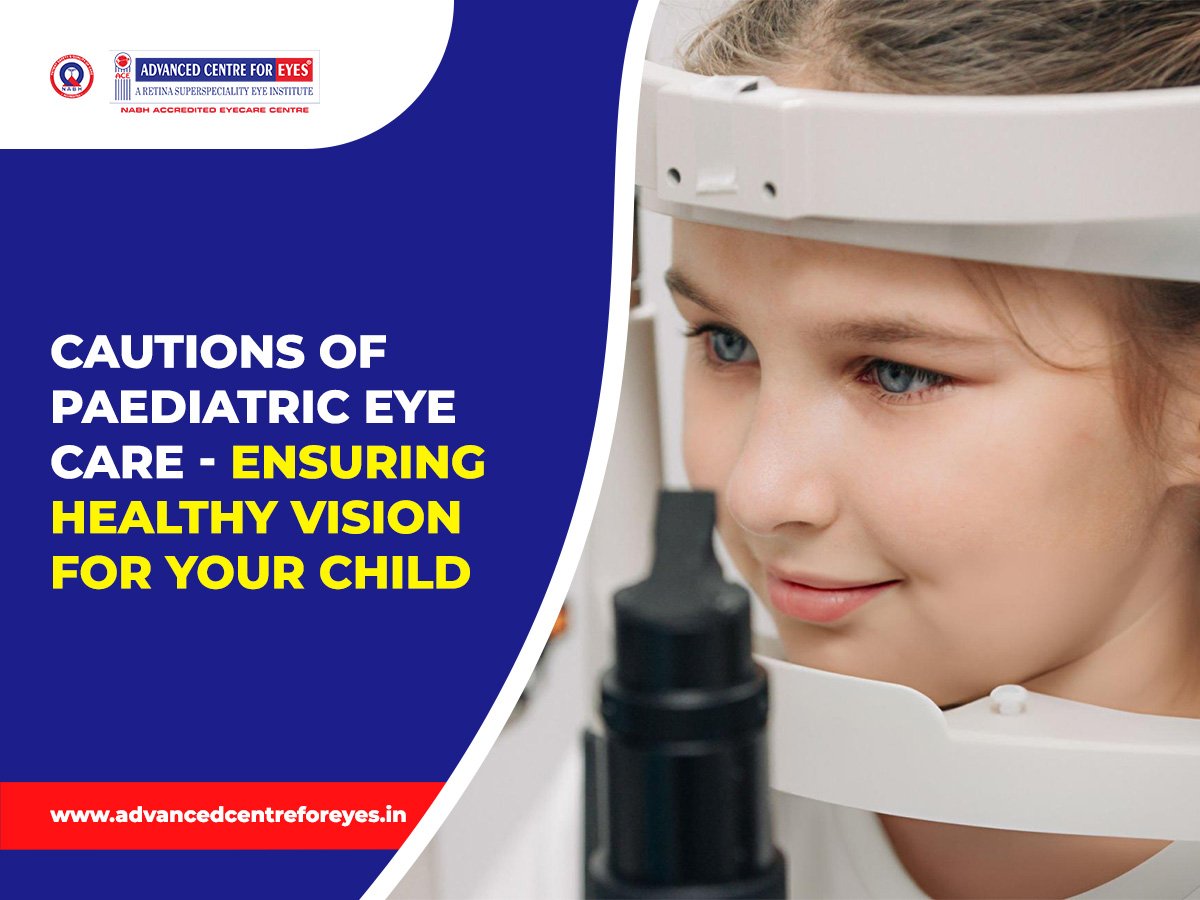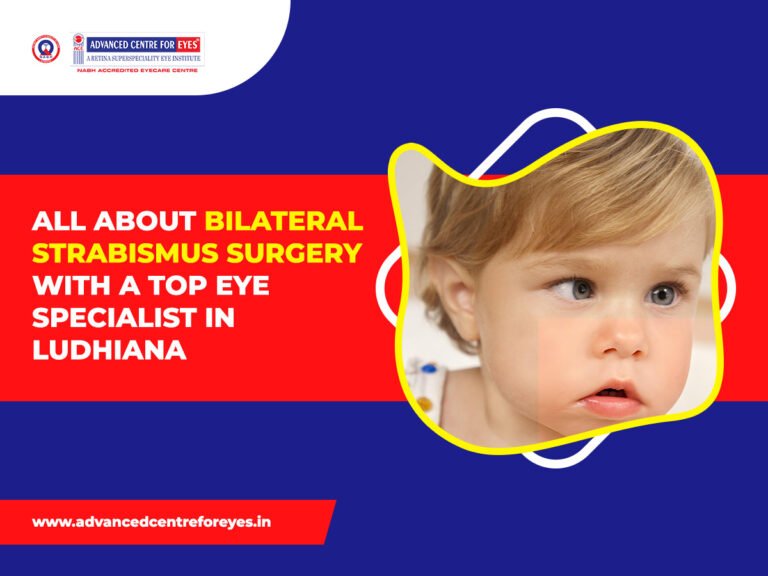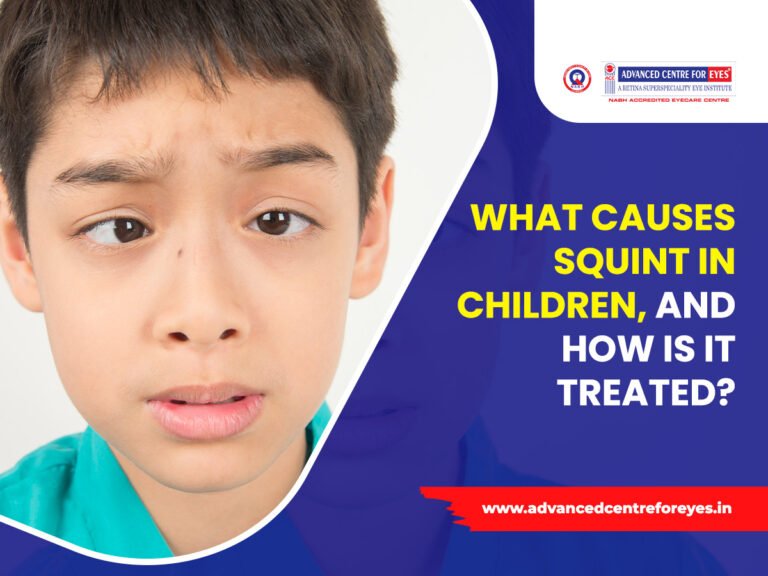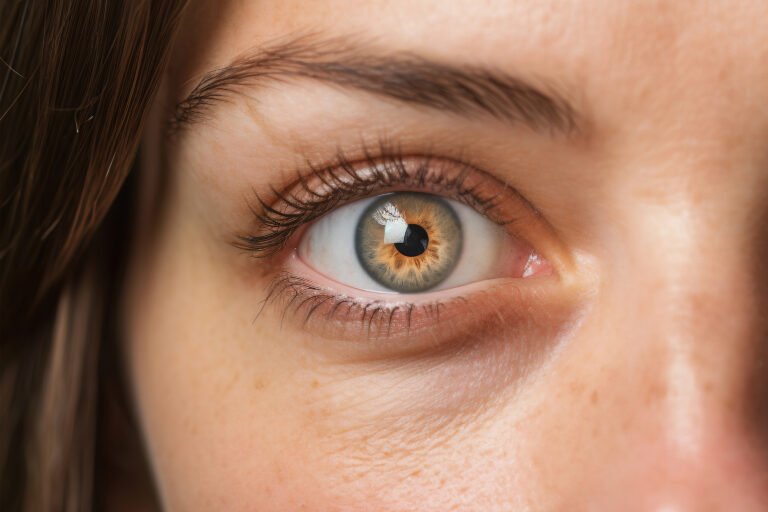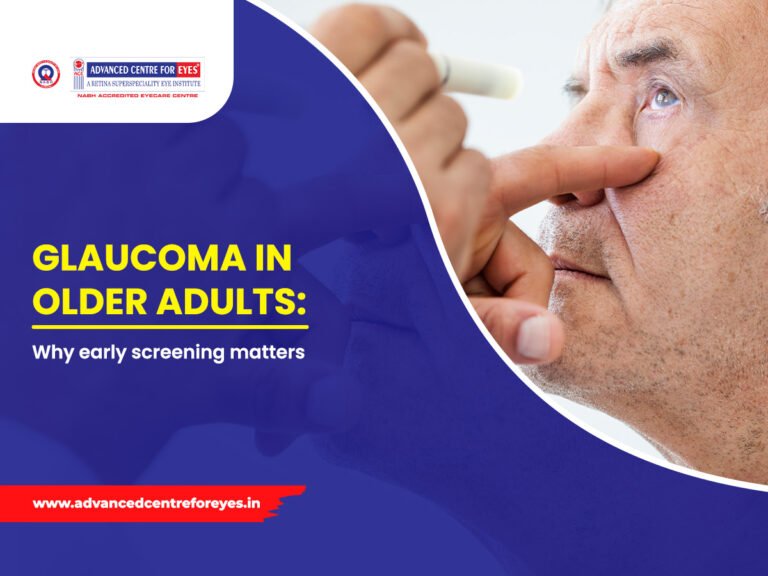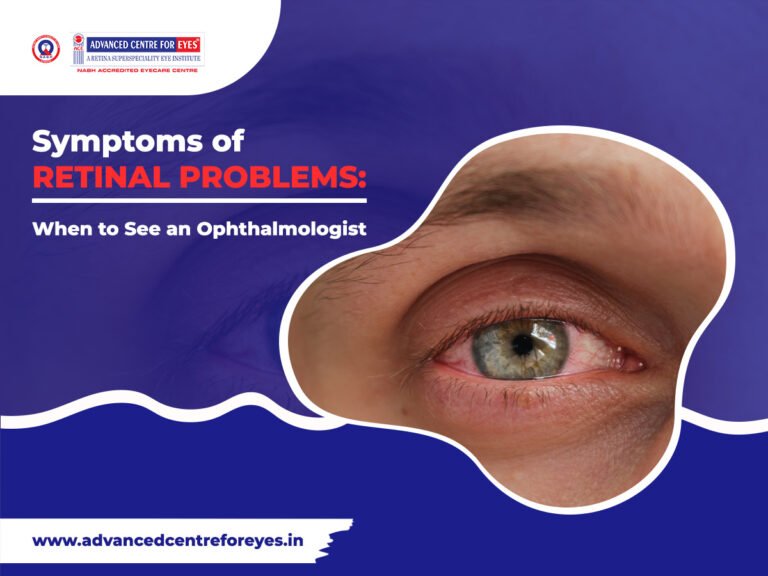Cautions of Paediatric Eye Care – Ensuring Healthy Vision for Your Child
Taking care of our eyes is essential, especially for children. Their eyes are still developing, and catching problems early can make a big difference. Just like you visit a doctor to keep your body healthy, visiting a paediatric eye doctor helps keep your eyes healthy. This is especially important if a child needs paediatric and squint surgery. Let’s explore why eye care is crucial for kids and how you can ensure your child sees the world.
Why Is Eye Care Important for Kids?
Children rely heavily on their eyesight to learn and explore the world around them. From reading books to playing games, their vision helps them understand and enjoy their surroundings. If a child has vision problems and they aren’t caught early, it could affect their learning and development. This is why regular check-ups with a paediatric ophthalmologist near me are so important. They can help detect and treat issues before they become more serious.
Common Eye Problems in Children
Children can experience a variety of eye problems. Some common ones include:
- Refractive Errors: These are issues like being nearsighted (myopia) or farsighted (hyperopia). Children with these problems may struggle to see things clearly, either up close or far away. Glasses can often correct these issues.
- Amblyopia (Lazy Eye): This is when one eye is weaker than the other. The brain starts to ignore the weaker eye, which can cause long-term vision problems if not treated. A paediatric ophthalmologist near me might suggest treatments like wearing a patch over the stronger eye to make the weaker one work harder.
- Strabismus (Crossed Eyes): This is when the eyes don’t line up correctly. One eye might look straight ahead while the other turns in, out, up, or down. This condition might need paediatric and squint surgery to correct.
- Conjunctivitis (Pink Eye): This is an infection that causes redness and swelling. It’s often contagious, so it’s essential to keep your hands clean and avoid touching the eyes.
- Ptosis (Drooping Eyelid): This is when one or both upper eyelids droop. It can sometimes block vision and may require treatment to improve eyesight.
The Role of a Paediatric Ophthalmologist
A paediatric ophthalmologist is a doctor who specializes in eye care for children. They know how to examine a child’s eyes in a way that is comfortable and not scary. These doctors can diagnose various eye conditions and recommend the best treatments. If a child needs paediatric and squint surgery, the ophthalmologist will perform the surgery and provide follow-up care to ensure the child’s eyes heal properly.
Early Signs That Your Child May Need an Eye Doctor
It’s essential to watch for signs that your child might have vision problems. Here are some things to look out for:
- Squinting: If your child squints often, it might be a sign that they’re having trouble seeing clearly.
- Tilting the Head: If a child tilts their head to one side frequently, it might be because they’re trying to see better.
- Covering One Eye: Sometimes, kids will cover one eye to see better, indicating that one eye is weaker.
- Sitting Too Close to Screens: If your child sits very close to the TV or holds a book too close, it might mean they can’t see well from a distance.
- Rubbing Eyes Often: Frequent eye rubbing can be a sign of eye strain or discomfort.
- Watery Eyes or Frequent Tears: This could indicate an eye infection or a blocked tear duct.
If you notice any of these signs, it’s a good idea to schedule an appointment with a paediatric ophthalmologist near me.
The Importance of Regular Eye Exams
Regular eye exams are the best way to ensure your child’s eyes are healthy. Even if you don’t notice any problems, an eye doctor can find issues that might not be obvious. It’s recommended that children have their first eye exam at around six months old, another one at three years, and then regular check-ups before they start school. These visits can help catch issues early, making them easier to treat.
Preparing Your Child for an Eye Doctor Visit
Visiting the eye doctor can be a bit scary for kids, especially if they don’t know what to expect. Here are some tips to make the experience more comfortable:
- Explain What Will Happen: Let your child know that the eye doctor will look at their eyes and maybe use some special tools to help see inside. Assure them that it won’t hurt.
- Read Books About Eye Doctor Visits: There are many children’s books that explain what happens during an eye exam. Reading these can make the experience more familiar.
- Practice at Home: You can play a game where you pretend to be the eye doctor and look at each other’s eyes. This can help your child feel more comfortable.
- Bring a Comfort Item: Let your child bring a favourite toy or blanket to the appointment. This can provide comfort if they feel nervous.
Treatments for Common Eye Problems
If the eye doctor finds a problem, there are several treatments that might be recommended:
- Glasses: If a child has refractive errors, glasses can help them see more clearly. Glasses come in all sorts of fun styles and colours, making them a cool accessory!
- Patching: For issues like amblyopia, patching the stronger eye can help make the weaker eye stronger. This treatment can sometimes be challenging for kids, but it’s crucial for improving vision.
- Eye Drops: Certain eye drops can help treat infections or other conditions. The doctor will show you how to use them correctly.
- Surgery: In some cases, surgery might be needed. For example, paediatric and squint surgery can help align the eyes in cases of strabismus. The idea of surgery can be scary, but paediatric eye surgeons are very skilled and know how to make the experience as safe and comfortable as possible.
Protecting Your Child’s Vision at Home
There are several ways you can help protect your child’s vision every day:
- Limit Screen Time: Too much time in front of screens can cause eye strain. Make sure your child takes breaks every 20 minutes to look at something far away.
- Encourage Outdoor Play: Playing outside is good for overall health and can help reduce the risk of developing certain eye problems.
- Use Proper Lighting: Make sure your child has good lighting when reading or doing homework. This helps prevent eye strain.
- Wear Sunglasses: Protect your child’s eyes from the sun’s harmful rays by having them wear sunglasses when outdoors.
- Healthy Diet: Foods rich in vitamins and nutrients, like carrots, fish, and leafy greens, are good for eye health.
Conclusion
Taking care of your child’s eyes is an essential part of their overall health. Regular check-ups with a paediatric ophthalmologist near me can catch issues early and ensure your child’s vision stays clear and healthy. By watching for signs of vision problems, encouraging good habits at home, and following through with recommended treatments, you can help your child enjoy a world full of vibrant colours and sharp details.
Remember, your child’s vision is a precious gift. With the right care and attention, you can help protect it for years to come. Whether it’s making sure they wear their glasses, encouraging outdoor play, or visiting a paediatric ophthalmologist near me regularly, these small steps can make a big difference in their vision and quality of life.
Read More : Connection Between Pediatric Cardiology & Paediatric Ophthalmology


